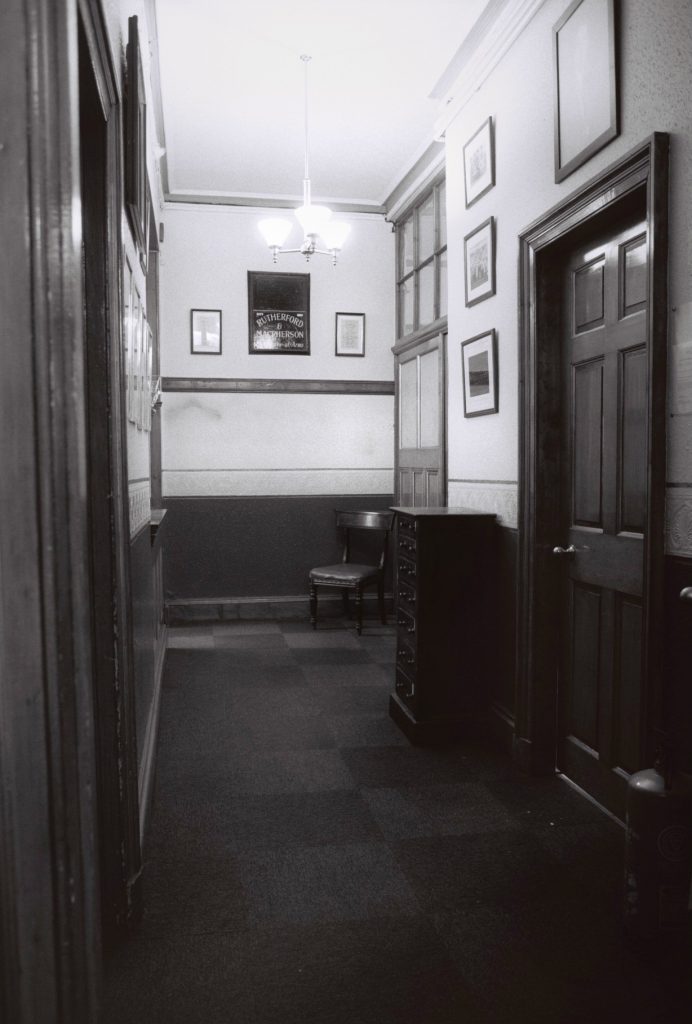Summary diligence means the execution of diligence by a creditor, without the prior raising of any court action against the debtor being necessary. Given we can say that having bills of exchange protested for non-payment has fallen completely into disuse, the following paragraph therefore explains the scope of current practice in the use of summary diligence:
With a deed involving financial obligations, the parties, having expressed in writing their consent to the registration of the deed ‘for preservation and execution’, signing in acknowledgement of that, and the deed thereafter being registered and an extract issued, have created a ‘document of debt’, containing warrant for diligence. The relevant definition of a ‘document of debt’ is given in section 221 of the Bankruptcy and Diligence etc. (Scotland) Act 2007: ‘a document registered for execution in the Books of Council and Session or in the sheriff court books’. In practice, it may be said that documents of debt now almost invariably proceed from the Books of Council and Session, thus making a messenger-at-arms the usual competent officer for the execution of summary diligence. The Writs (Scotland) Act 1877, section 3, contains the relevant authority for diligence by virtue of a document of debt: the warrant inserted in an extract of a document registered in the Books of Council and Session or in sheriff court books which contains an obligation to pay a sum of money has the effect of authorising exactly the same diligences as mentioned here before in relation to the Sheriff Court (Scotland) Extracts Act 1892. In addition, by virtue of section 3(c), if the document is a maintenance order within the meaning of the Debtors (Scotland) Act 1987, a current maintenance arrestment in accordance with Part III of that Act is authorised.
Rutherford & Macpherson’s systems for helping eligible creditors to get the best results from the use of summary diligence make us a very suitable choice for credit unions and landlords of commercial properties. Section 3(c) of the 1877 Act, as quoted above, in referring to the use of summary diligence for creditors who are entitled to recover maintenance payments, is also a reminder that other types of creditors may also be eligible to instruct us.

